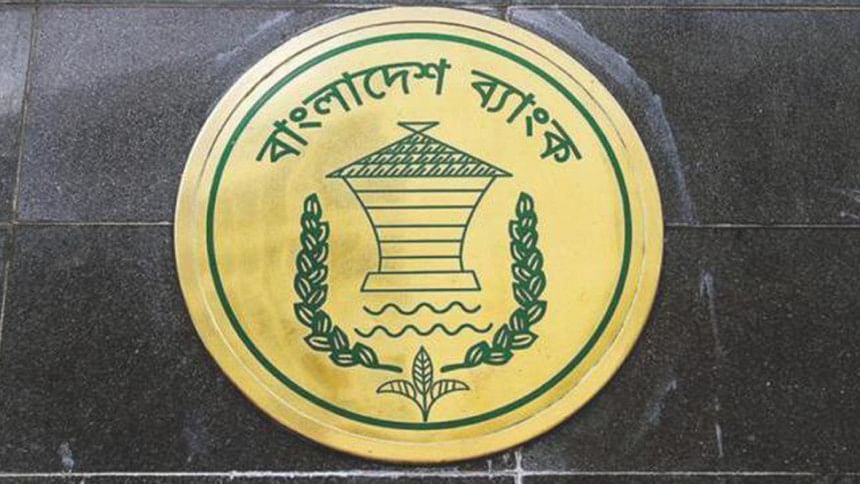Fintech may boost financial inclusion: BB

Financial technology, popularly known as fintech, may facilitate financial inclusion in Bangladesh by offering new platforms for savings and borrowings such as agent banking, according to the central bank.
“This activity may help to mitigate liquidity and credit risks and eventually improve financial stability,” Bangladesh Bank said in its Financial Stability Assessment Report for July-September quarter of 2018.
Fintech paves the way for payment system development which can contribute to develop a more integrated, efficient and less frictional financial system, the banking regulator said.
“Fostering well-regulated fintech solutions in cross-border foreign exchange transactions would enhance remittance inflow through legal channels, which has favourable implication for financial stability.”
The fintech ecosystem of Bangladesh has demonstrated gradual evolution in the last couple of years, mainly based on payment and clearing systems whereas other areas of fintech are yet to be developed.
At present, most fintech activities in the country are led by banks with support from broad-based national payment systems.
The systems include Bangladesh Automated Cheque Processing Systems (BACPS), the Bangladesh Electronic Funds Transfer Network (BEFTN), the Real Time Gross Settlement (RTGS) and the National Payment Switch Bangladesh (NPSB).
These platforms allow banks to operate internet and mobile banking and automated teller machine (ATM) services.
Agent banking is the latest addition in fintech by which banks are authorised to perform financial intermediation.
There also exist some companies that act as payment service provider and payment service operator for e-commerce.
In 2017-18, the total amount of transaction through all the systems accounted for 180 percent of GDP, of which the BACPS and the RTGS processed the major share of the payments. The BEFTN, the NPSB and the MFS collectively facilitated 12.7 percent of the total electronic payments.
“This smaller percentage of share is also essential as these platforms processed large amount of retail payments. Moreover, the confidence of the users on payment system largely depends on these platforms especially on MFS.”
“Fintech works through various channels to influence financial stability. Some of them work favourably while others may have dampening effect,” the report said.
The BB said payment mechanisms may be exposed to cyber security and operational risks. Money supply might be influenced due to increase in velocity of money resulting from high usage of fintech such as ATMs and point of sales (POS) machines.
Extensive use of fintech such as credit cards for purchasing foreign goods and services might cause leakage of foreign currency from the country.
Besides, easily available fintech solutions might incite transactions beyond legal boundary like hundi, the report said.
“However, from the current perspective of Bangladesh, likely vulnerability of fintech on financial stability may transmit largely through payment system mechanism.”
Although fintech application is not yet widely used in Bangladesh, a number of measures, including guidelines, acts and rules, have been issued by various authorities where the central bank of the country plays a significant role, according to the report.
Apart from the payment system, which might be susceptible to cyber security and other operational risks, the systemic risk from other channels of fintech is still considerably low.
Other than some isolated domestic frauds and forgery, the possibility of systemic risk from payment system does not appear to be a major issue as the domestic regulation is quite comprehensive and monitoring is reasonably tight, the report said.
However, as sporadic events of domestic frauds and forgery may undermine the public confidence on financial system, it is imperative for financial and payment service providers to take prompt remedial measures against the incidences as well as to avoid their recurrence, according to the BB.
“Furthermore, cross border financial transactions need to be dealt with due diligence because of increasing cyber threat, complexity of transactions and involvement of multiple cross border jurisdictions.”
The report also says data security should be taken care of properly.

 For all latest news, follow The Daily Star's Google News channel.
For all latest news, follow The Daily Star's Google News channel. 



Comments